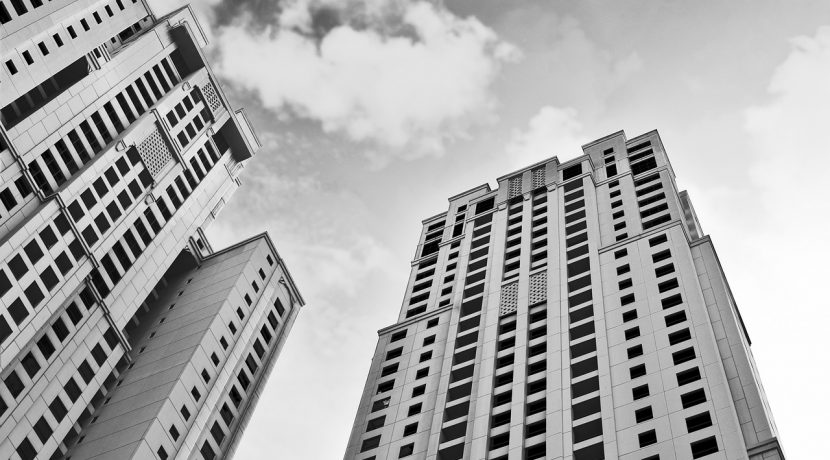Sharjah realty opens up to overseas investors
Foreign buyers without a UAE residence visa can now purchase property in the emirate
The decision by Sharjah authorities to allow non-Arab investors without a UAE residence visa to purchase property in the emirate is a landmark one. This is a follow-up to the decision in 2014 when non-Arabic UAE residents were given the go-ahead to buy property in Sharjah on a 100-year lease. The former move will open up the market to overseas investors and help its property sector to compete with neighbouring markets.
“Developers will now be able to market projects globally and target purchasers from around the world and not just those within the GCC. A wider range of buyers will help generate sales and re-sales of properties. Previously, some investors were reluctant to buy even if they did have a current resident visa, as they didn’t feel certain as to what would happen should they lose their employment,” says Suzanne Eveleigh, Cluttons’ head of Sharjah.
Prior to 2014, only Emiratis and Arab nationals were entitled to own real estate in Sharjah (on the condition they get approval from the Sharjah Real Estate Registration Department). After the market opened up, a number of developers launched master-plan projects to cater to the pent-up domestic demand from long-term residents. These include Tilal City, Al Zahia, Aljada, Al Mamsha, Nasma Residences, Maryam Island and Sharjah Waterfront City, to name a few.
“Sharjah has always been popular, particularly for Arab and Asian nationals, mainly due to the low cost of living and the family-friendly environment, and now they can own their homes. In addition, the emirate is a lot cheaper than its neighbour Dubai and the government’s diversification and growth initiatives are also expected to stimulate investment,” says John Stevens, managing director of Asteco.
The decision is also likely to result in more project launches and lifestyle developments.
“Sharjah is also increasingly becoming a tourism destination, particularly for families, which will probably result in a number of holiday home investments. Bulk investments for long-term rental returns are also likely to happen,” observes Stevens.
Meanwhile, Suzanne adds: “One area of growth we would expect to see is more investments into student accommodation as Sharjah has a number of excellent universities with a steady increase of students.”
As the legislative environment concerning real estate investment in Sharjah is still fairly undeveloped, it presents a risk due to issues of transparency and uncertainties in regards to future rules and regulations, reckons Stevens.
“One of the main advantages of buying real estate in Sharjah is the low price point. However, as developers launch more and more affordable products in Dubai, investors may choose the more established emirate,” he adds.
With regard to mortgage availability, UAE banks offer mortgages to non-residents in general. “They may be more conservative towards lending on Sharjah real estate in the short term as this is still a new concept,” believes Stevens.
“It is unlikely that local banks would offer mortgage facilities to investors without a residency visa. All developers within Sharjah offer very attractive payment terms that in the case of most international investors would remove the need for any bank finance,” concludes Suzanne.
All rights reserved to the inital publisher for Khaleej times
Collected and published by Arms &McGregor International Realty® editorial team. Get in touch with us at [email protected]

